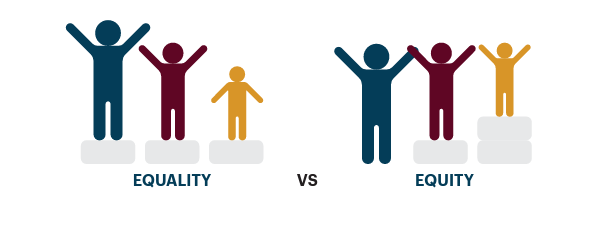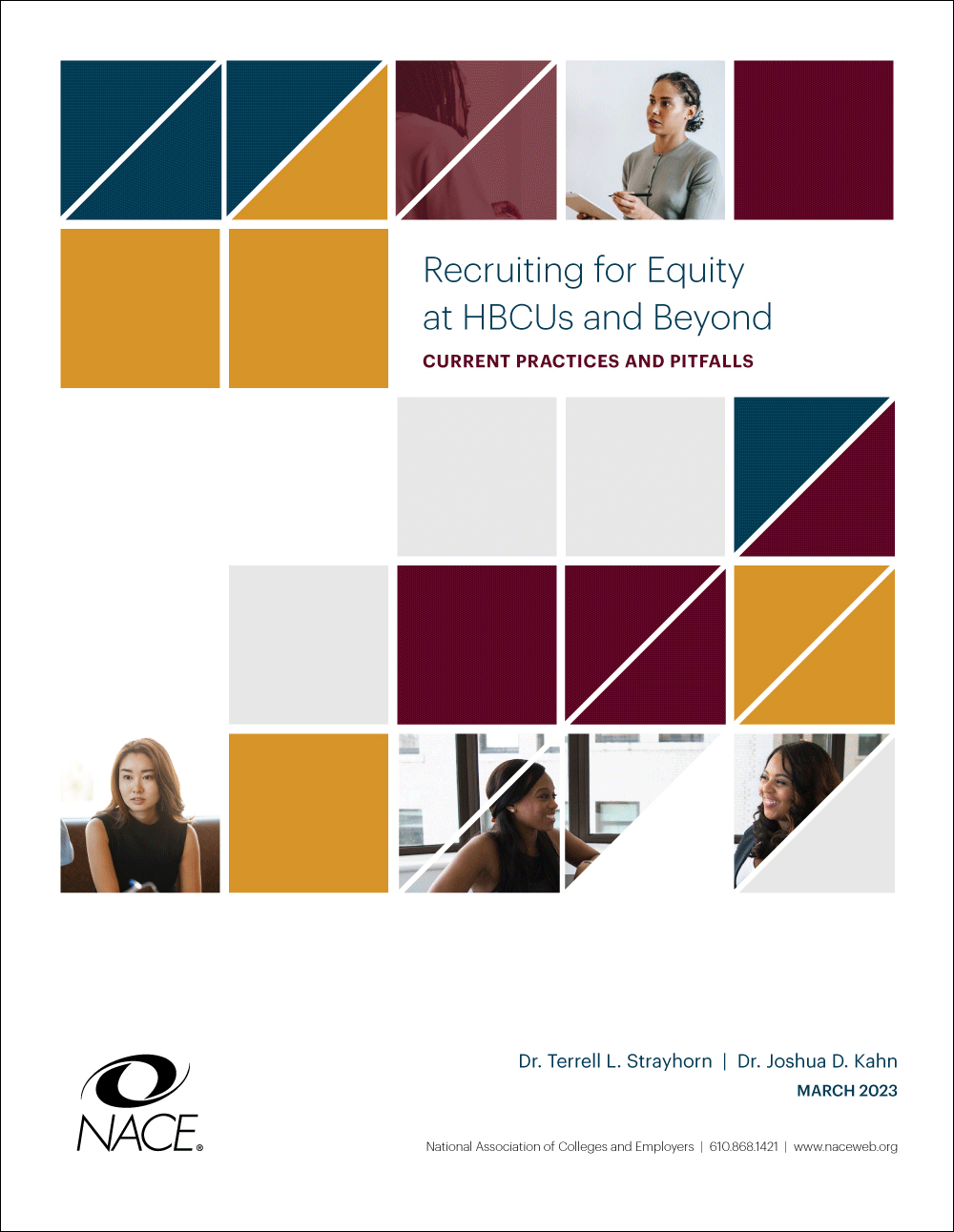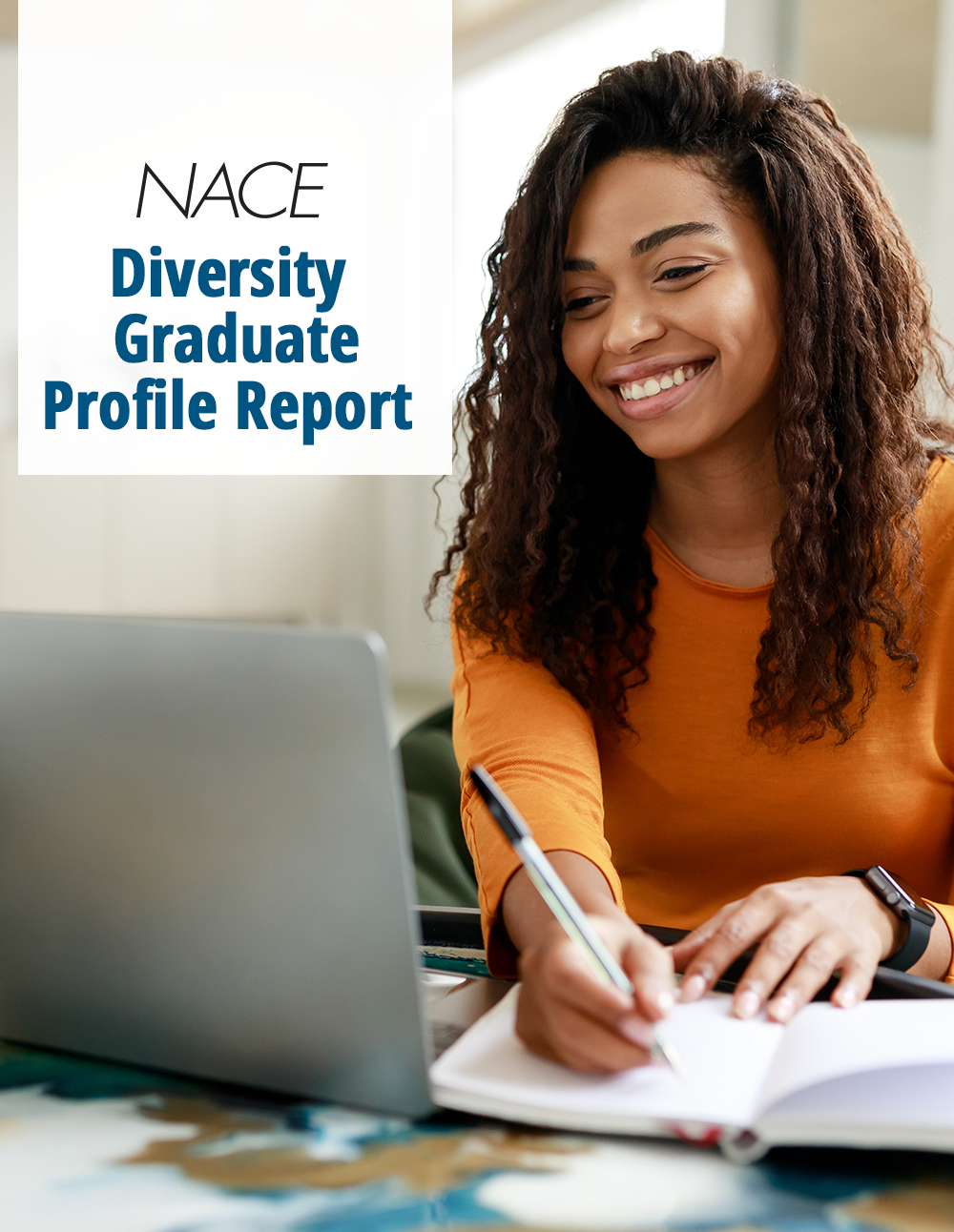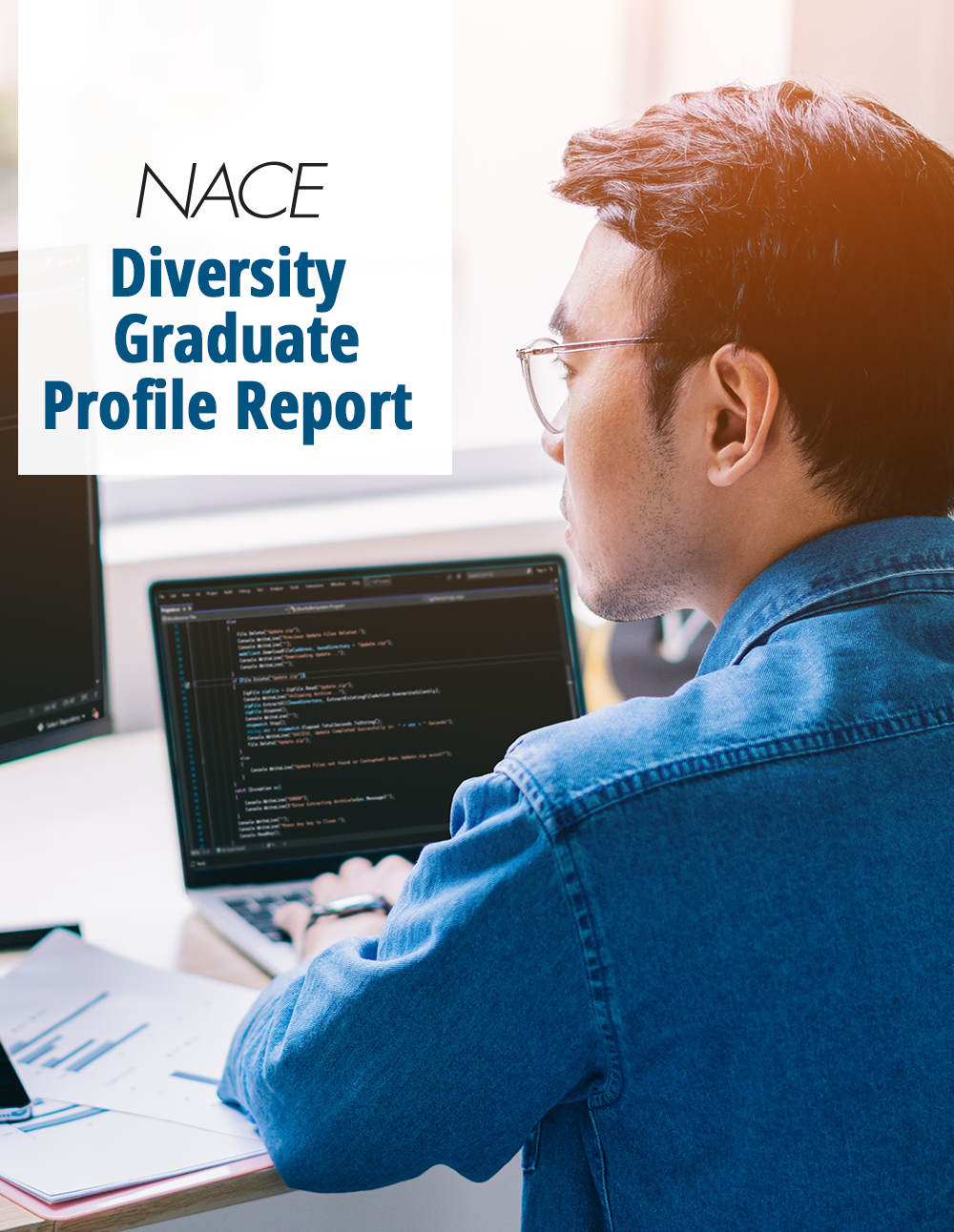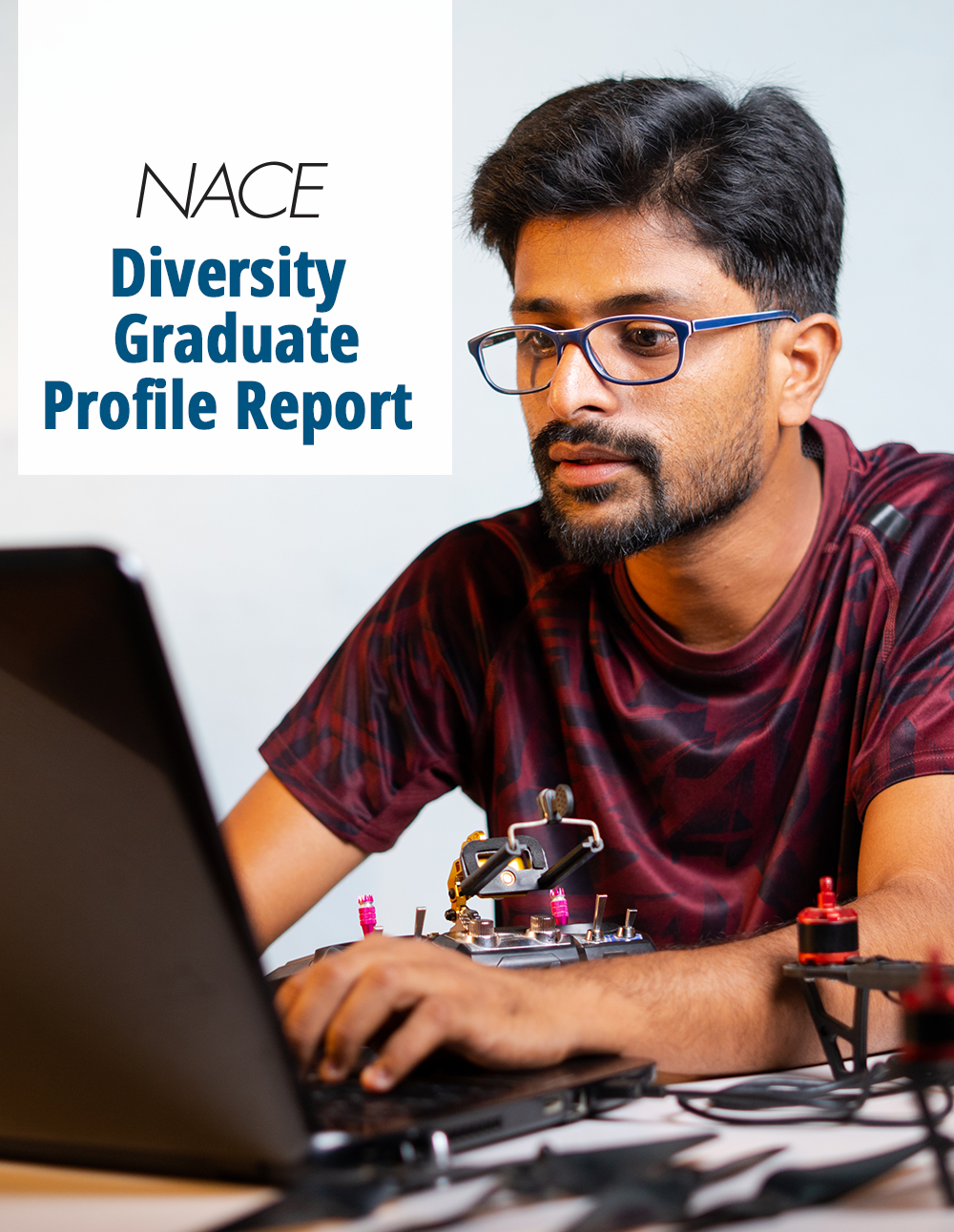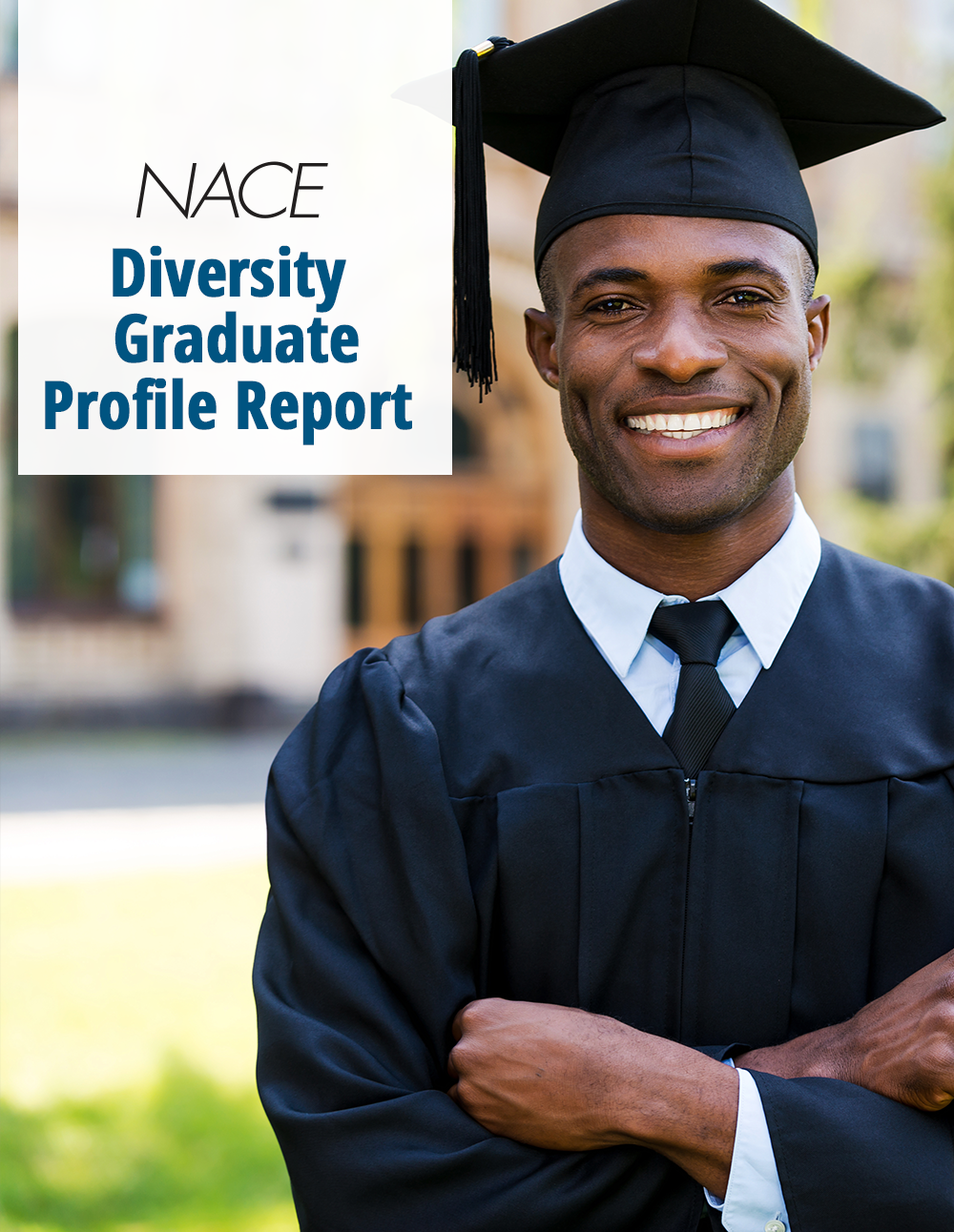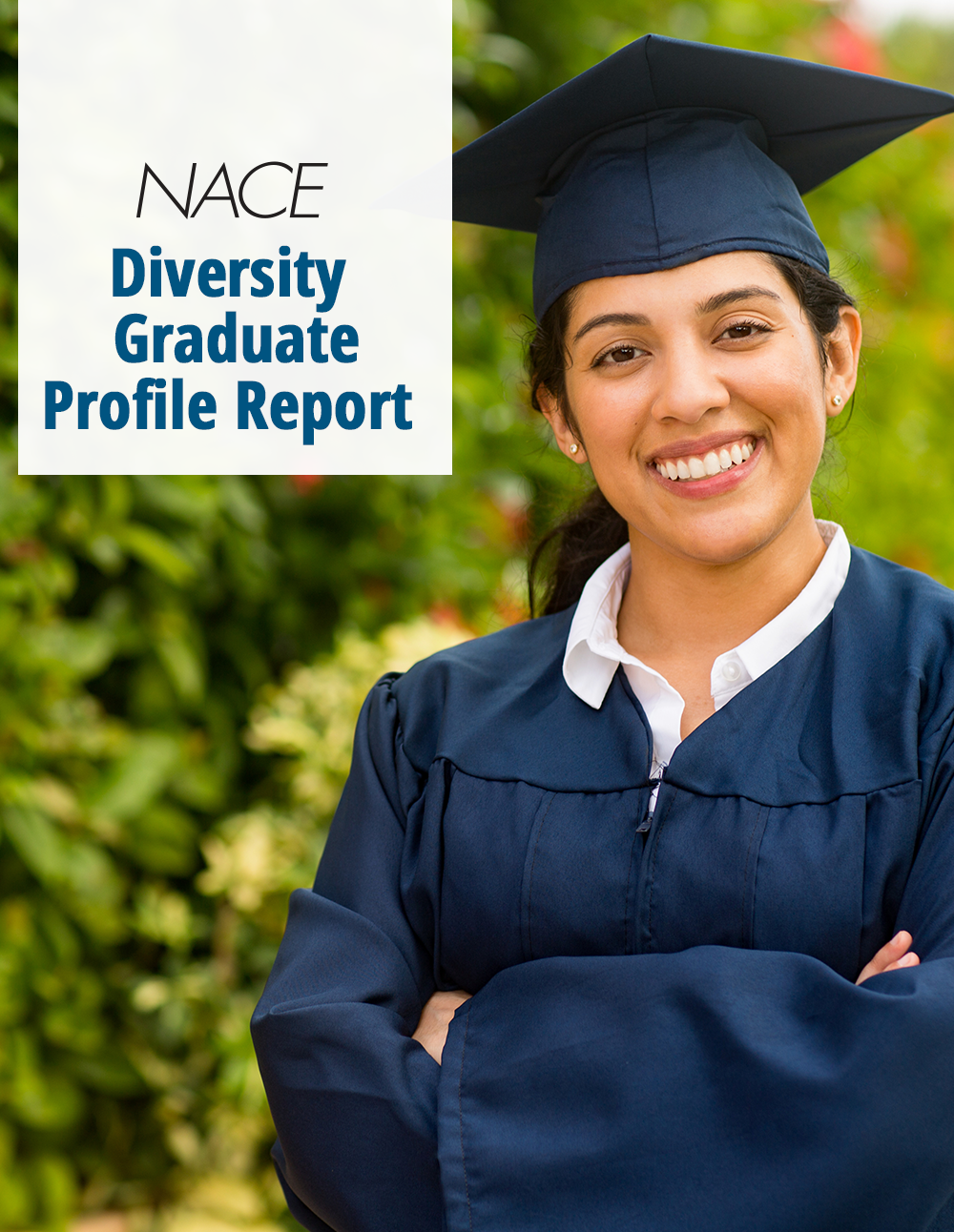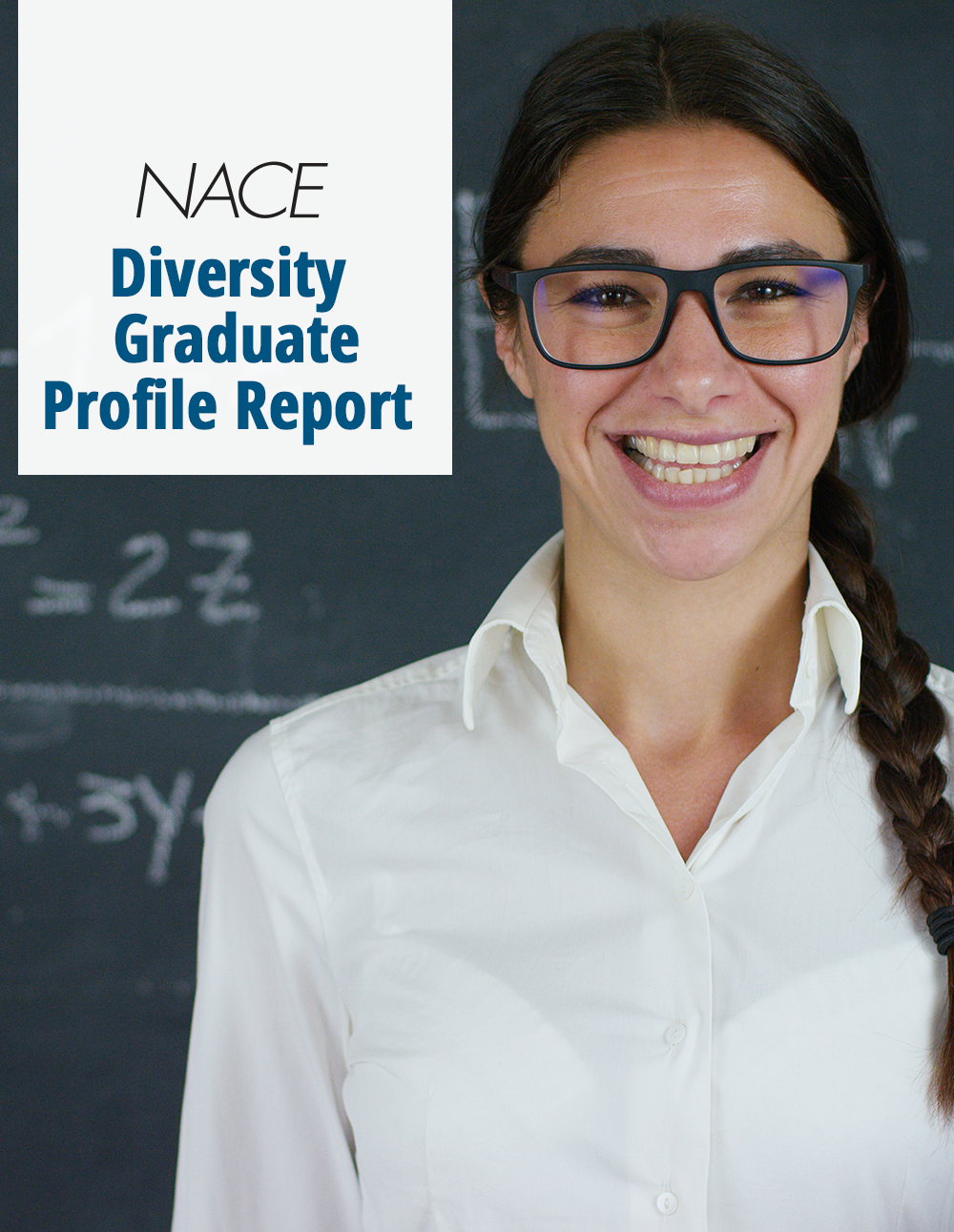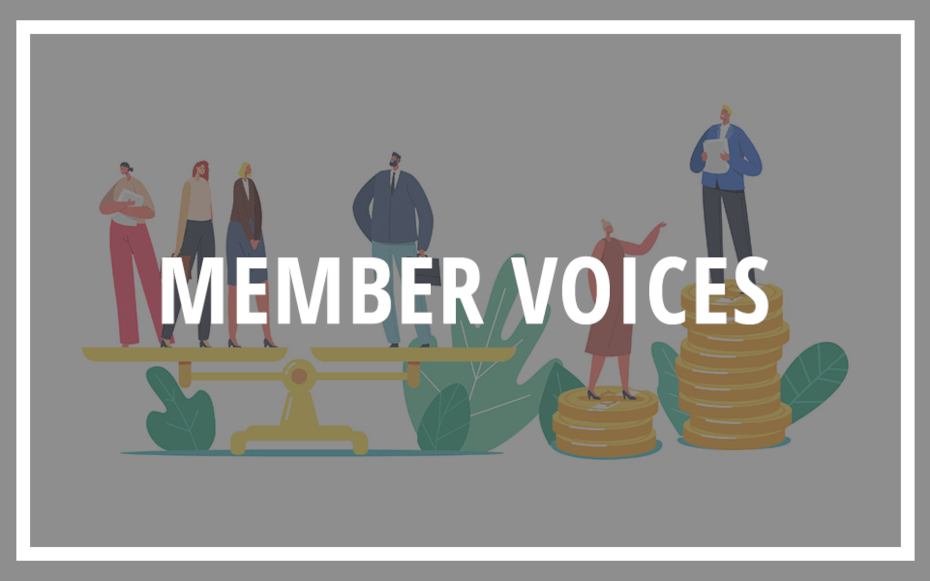How many times have you started a new job knowing exactly what your paycheck would look like before the first one arrived? How many times has a hiring representative reviewed the entire breakdown of your earnings and potential deductions as part of your offer? How many times have you dug through your pay stub to understand exactly what composes the difference between your gross pay and your net pay?
The answer to each of these questions for the vast majority of us is never.
As job applicants, there are some primary steps we can take (and coach our students to take) to prepare for a job offer and potential salary negotiation, such as conducting research prior to a salary conversation, although the data available are rarely comprehensive or definitive, and we can try to analyze current and future expenses to develop a budget. However, this process is already mysterious and daunting for many and is perpetuated by cultures of salary secrecy.
Salary secrecy, which is when employers have potentially unethical practices that limit or prohibit the discussion of employee salary at work, is a major driver of inequity and a vehicle for discrimination in the workplace. Salary secrecy also prevents employers from accessing accurate data to inform their pay equalizing efforts. Full salary transparency should both dismantle these practices for existing employees and readily advertise salaries to future employees. Some exciting strides have been made in this area, including legislation that requires employers to disclose salaries in job postings or during the interview process (effective in my hometown of NYC as of May 15, 2022).
Salary transparency is a crucial part of pay equity. But it is just the beginning.
Knowing the salary for a position arms an applicant with helpful information, but what your actual paycheck will look like depends on multiple complex and organization-specific factors that the average employee isn’t privy to. Most of the time, in a new role, we can’t plan our finances until we receive our first paychecks. This puts any applicant at a disadvantage, especially the most marginalized among us and those without access to networks of people who can demystify things.
Employee benefits, perks, professional development, and company culture are all key to the hiring equation. They are valuable marketing points as applicants consider where they would like to work. But each applicant’s interests and needs in these areas can vary greatly. The one common question we all have as potential employees is: How much money will I have in the bank? And it is typically the last question to be answered.
Imagine if, instead of a simple figure, your offer conversation covered:
- The salary (gross pay) for the position;
- The breakdown of cash vs. PTO that makes up your total compensation;
- All the potential healthcare premiums to identify your unique healthcare costs up front;
- Guidance about retirement contribution options and the take-home pay difference based on the various contribution scenarios;
- An explanation of any other paycheck-reducing benefits; and
- An estimation of your tax bracket and your taxable income based on your specific benefits plans.
Imagine if your hiring representative ran this paycheck simulation with you based on the different healthcare plans or retirement contributions before you decided whether to accept, negotiate, or decline an offer. Imagine if each company had such a calculator right on their hiring website that was loaded with their unique salary structures and benefits costs and would let you simulate your paycheck for a given role in different scenarios. Imagine if the organization shared with you how they arrived at the figure for your offer, how it compares to others at the organization, and how it compares to the industry-wide and local market for that role.
How much more empowered would you be in the job-search process? How far would this go to reach marginalized applicants who may be more in the dark about these kinds of workplace secrets? What could this mean both for potential employees and the organizations who need talent pipelines?
As we continue the conversation about diversity hiring and do the concurrent work of equity, inclusion, and justice, we need to lean into transparency of this nature. We need to dream big about how to transform hiring for everyone.
